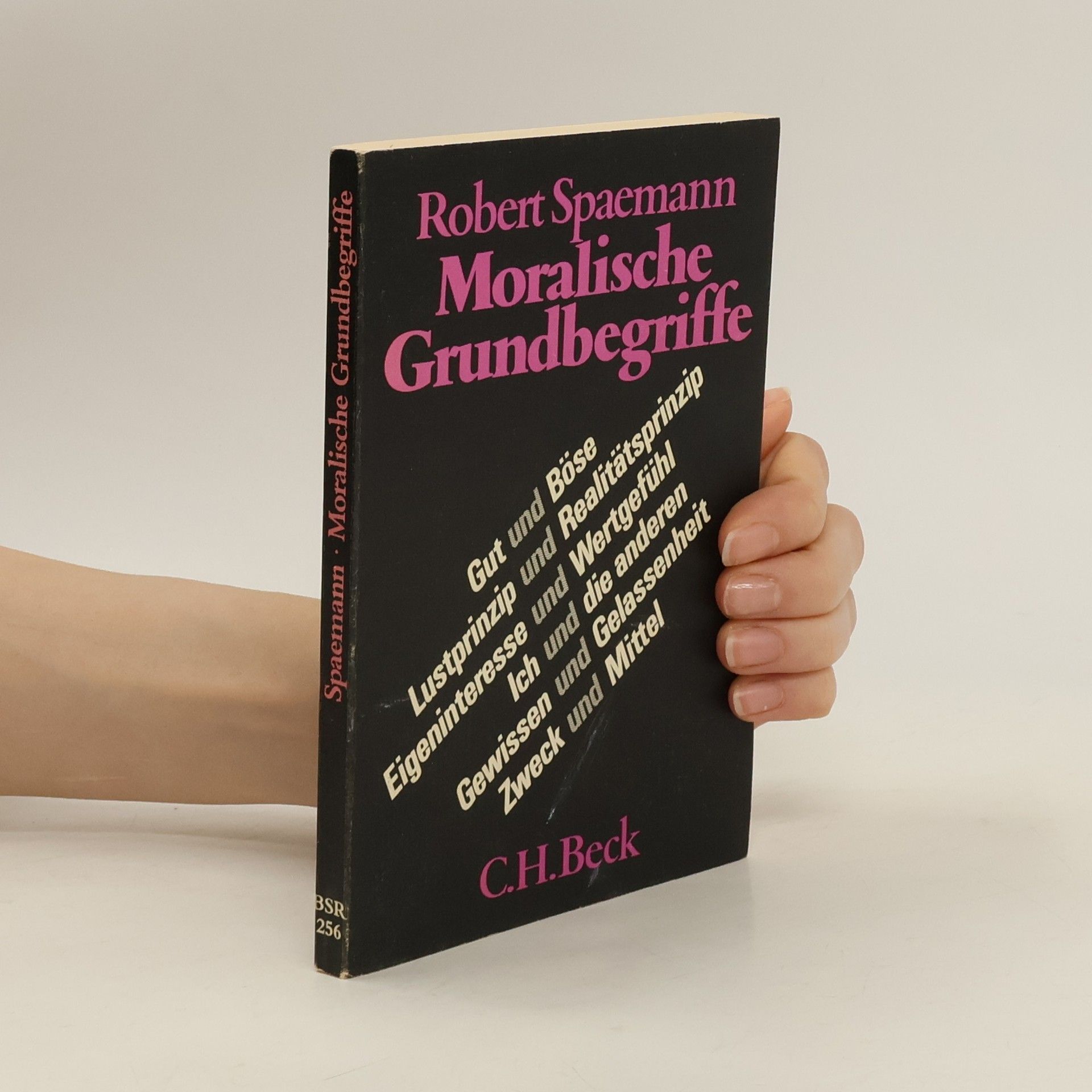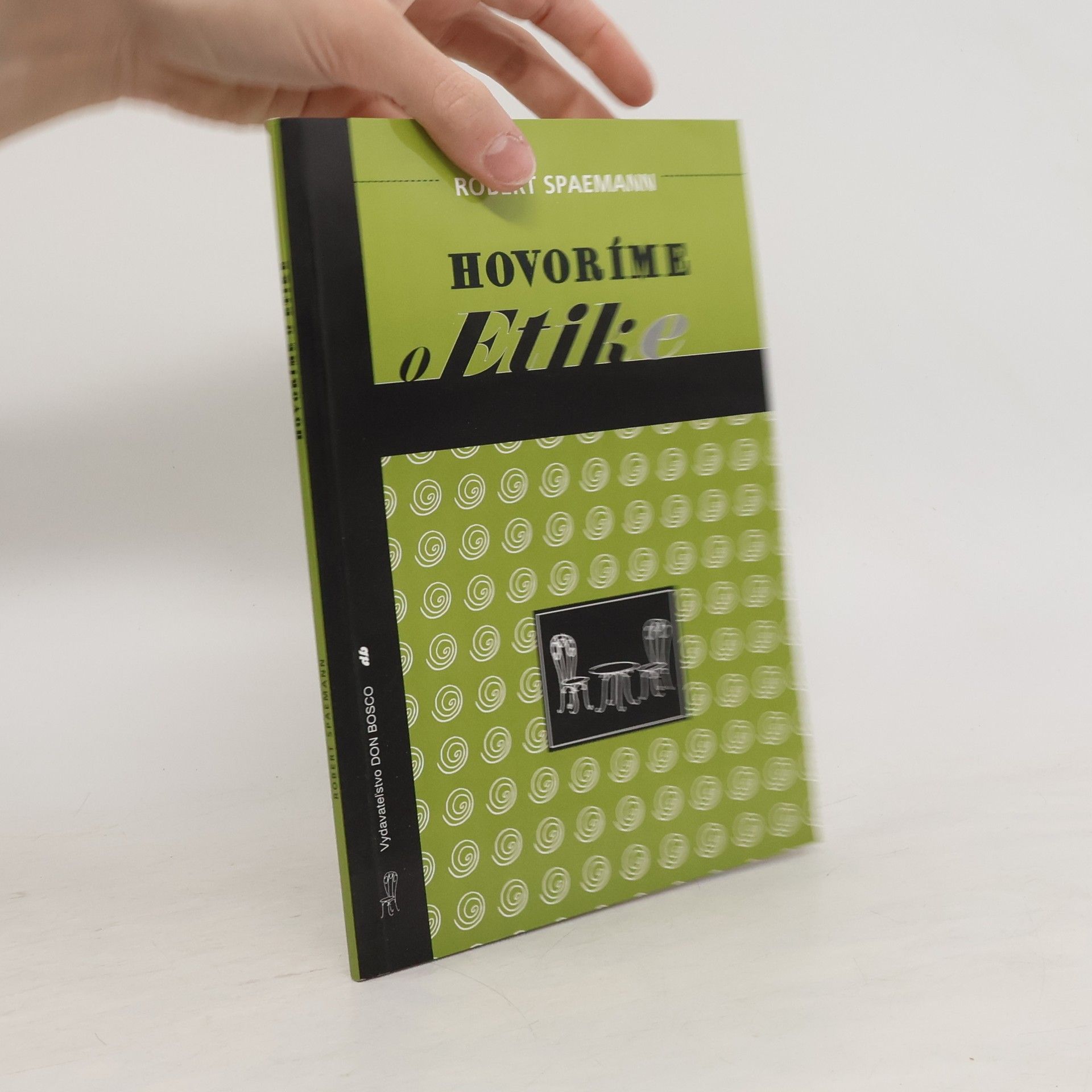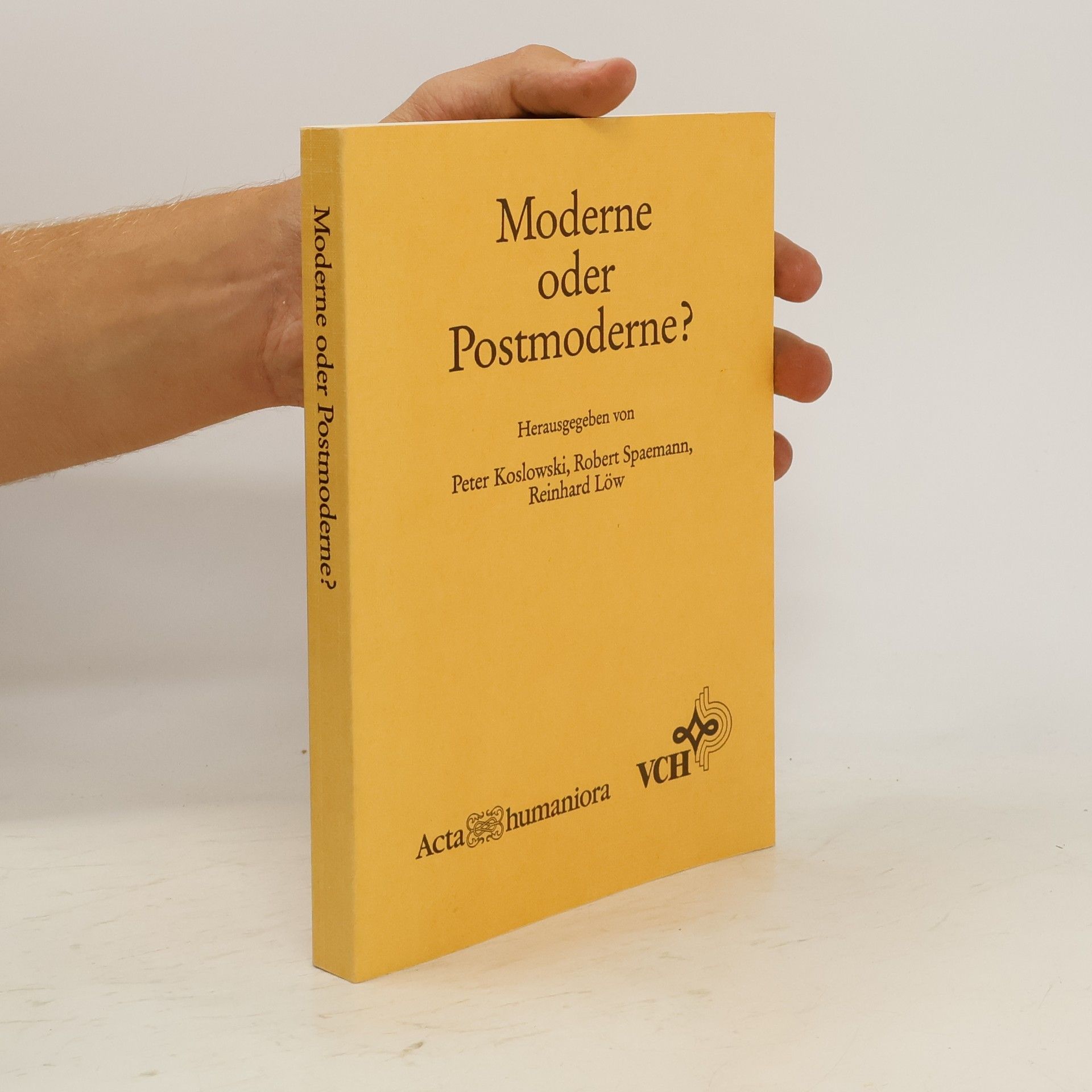Osoby
- 256 stránok
- 9 hodin čítania
Podtitul: Pokusy o rozlišení mezi "něčím" a "někým" Kniha Osoby představuje poslední, třetí díl pomyslné trilogie, spolu s první knihou Účelnost jako filosofický problém a druhou Štěstí a vůle k dobru; obě knihy již dříve vyšly v českém překladu. V první se Spaemann věnoval dějinám a obhajobě teleologického pohledu na přírodu a člověka, ve druhé pak zejména etice, s cílem překonat dichotomii mezi eudaimonismem a deontologismem. Ve třetí knize, jejíž český překlad právě držíte v rukou, prohlubuje svou ontologii i etiku a přichází s propracovanou antropologií. Její jádro tvoří pozoruhodné promýšlení souvislostí mezi personalitou a přirozeností. V této knize o antropologii, avšak nikoli jen o ní, můžeme detailně sledovat Spaemannův specifický neoaristotelský přístup kontinentálního typu, v kontrastu k anglosaské lockeovské a humeovské tradici. Spaemann se zároveň snaží překonat tradici kartesiánského dualismu, a tak hledá cestu mezi Scyllou naturalistického monismu a Charybdou spiritualistického dualismu. Výsledkem je jeho teorie osob – nikoli teorie osoby v singuláru. Osoby mohou totiž existovat jen v plurálu. Přesto se Spaemann odmítl přihlásit k personalismu. Osoby však v jeho pojetí nejlépe charakterizuje schopnost učinit nebo přijmout slib a schopnost odpouštět.










